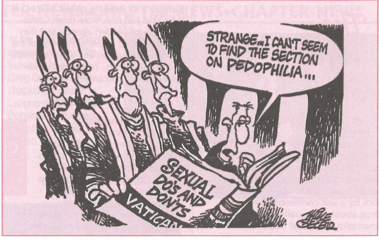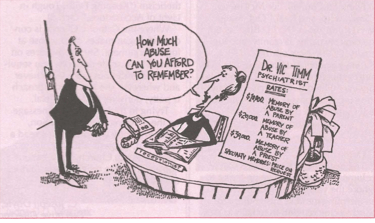Zobrest decision important to future of school aid
William Bentley Ball, former League board member and the attorney who represented Jim Zobrest and his family, has alerted the Catholic League to a significant analysis of last summer’s Zobrest decision by Professor Jesse Choper, a noted constitutional scholar at the University of California at Berkeley.
As you may remember, Jim Zobrest is the profoundly deaf high school student who was denied the services of a federally-mandated sign language interpreter because he attended a Catholic school. The Supreme Court ruled in favor of the Zobrest family in a decision announced in June. Professor Choper’s comments on Zobrest were made at a constitutional law conference held in Washigton, D.C. and were printed in the Nov. 2 issue of The United States Law Week.
Choper noted that with Zobrest, the Court returned for the first time in seven years to the issue of public aid in the context of parochial schools. Choper said that even though caselaw in this area is confusing, decisions can be predicted depending on the form of the aid given. He observed that an Establishment Clause violation was almost always found by the Court when aid was given directly to parochial schools or to their employees. However, aid given to parents or their children in the form of tax relief, scholarships or vouchers will usually pass constitutional muster. Choper indicated that more difficult cases to predict involved aid given to non-parochial personnel who provided services at parochial schools, which is the category Zobrest was in.
The Court’s 5-4 decision in Zobrest pointed out that provision of a sign language interpreter was part of a general program of aid for all students, no money reached the parochial schools which benefited the interpreter neither taught nor counseled students, but merely interpreted what was being said in class. Looking to the future, Choper stated that the five justices in the Zobrest majority (Rehnquist, Scalia, Kennedy, Thomas and White) would uphold all forms of aid to parochial schools in the future, regardless of the recipients, as long as the aid is used for secular purposes. Justices Stevens (the Court’s “strictest separationist”) and Blackmun would oppose parochiaid in any form, said Choper, and Justice Souter would probably join them.
Although Justice Ginsberg is more of a separationist than Justice White and can be expected to vote with Stevens and Blackmun, said Choper, Justice O’Connor could still provide the fifth vote to uphold “most – though not all – forms of parochiaid”. It is essential to draft future legislation for aid to parochial schools in the appropriate form, Choper suggested.

